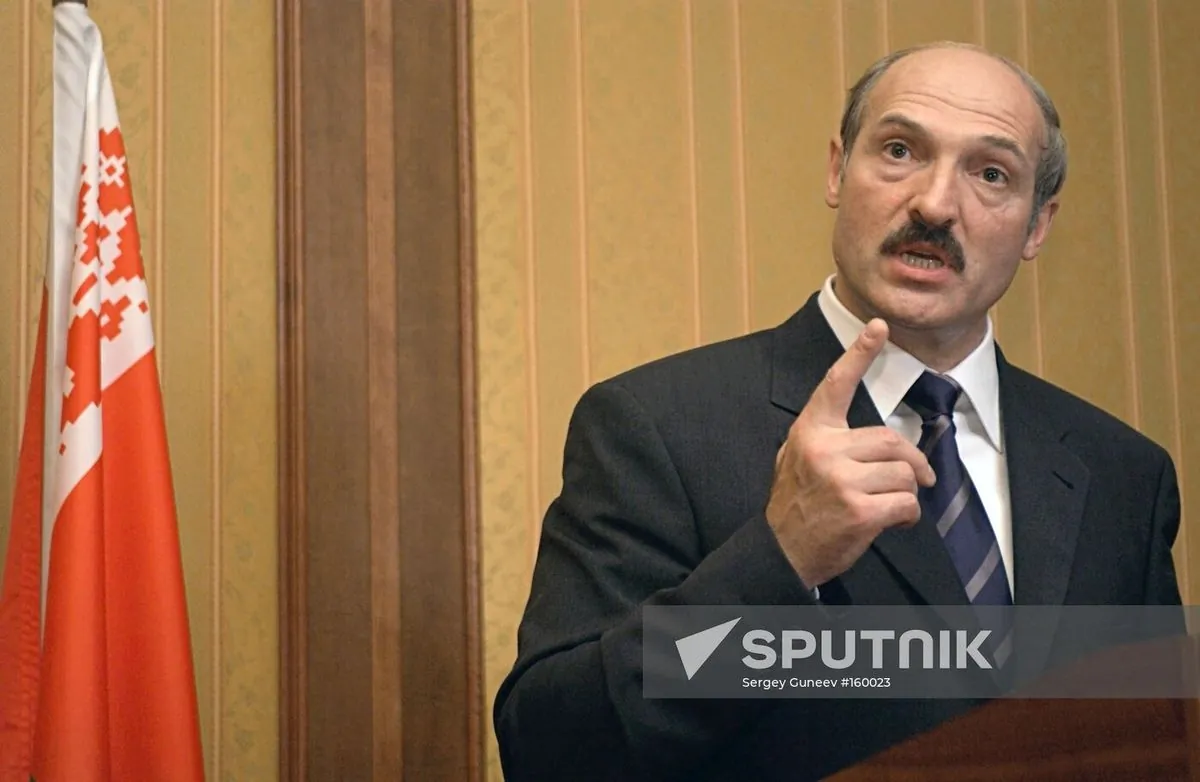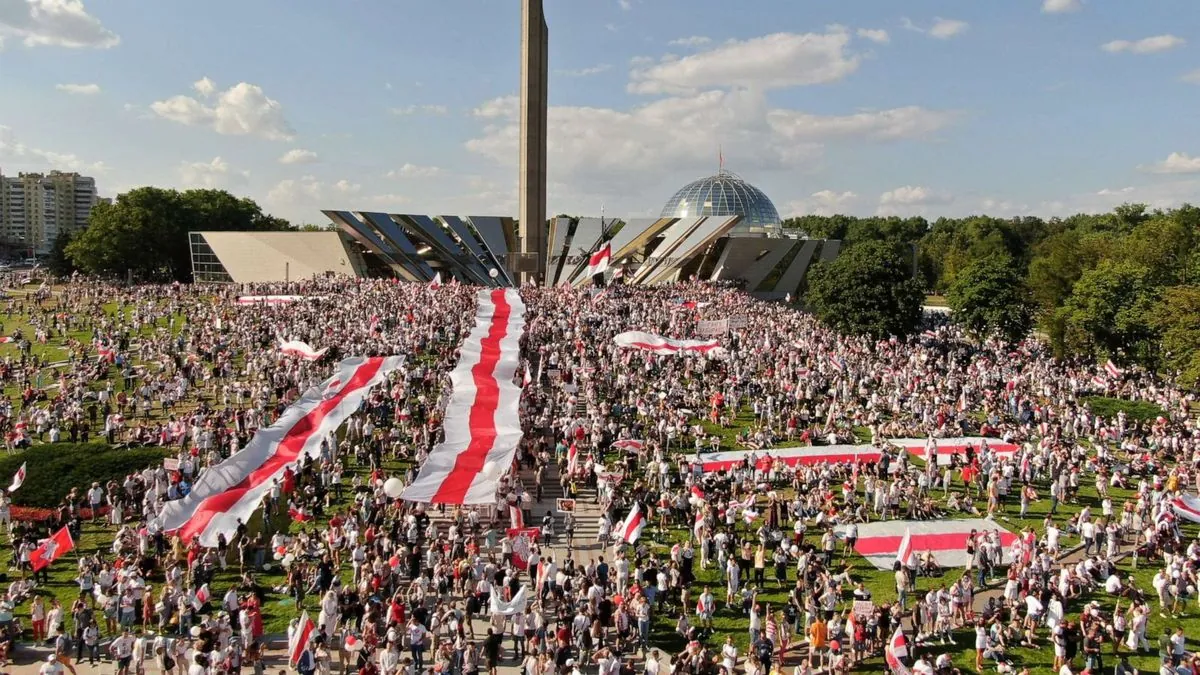Lukashenko Pardons 37 Political Prisoners in Belarus Ahead of 2025 Election
Belarusian President Lukashenko pardoned 37 political prisoners, marking the fourth such action since July. Over 1,300 remain incarcerated as the authoritarian leader potentially seeks to soften his image before the 2025 election.

In a recent development, Alexander Lukashenko, the long-standing president of Belarus, has granted pardons to 37 individuals previously convicted of "extremist" offenses. This action, announced on 2024-09-16, marks the fourth instance of such pardons since July 2024.
Belarus, a nation of approximately 9.4 million people situated in Eastern Europe, has been under Lukashenko's rule for three decades. The country, often labeled as "Europe's last dictatorship," has faced significant international scrutiny due to its human rights record and state-controlled economy.
The pardoned group includes six women, all of whom were reportedly involved in protest activities. According to the president's office, these individuals expressed remorse and requested release. However, the identities of those pardoned remain undisclosed.

Despite this gesture, human rights organizations report that over 1,300 political prisoners remain incarcerated in Belarus. Among them are prominent figures such as Nobel Peace Prize laureate Ales Bialiatski and Polish journalist Andrzej Poczobut. Tragically, at least six political prisoners have reportedly died while in custody.
The context for these pardons dates back to 2020 when Belarus experienced its largest-ever protests following a disputed presidential election. This event, which secured Lukashenko's sixth term, was widely condemned as fraudulent by opposition groups and Western nations. In the aftermath, an estimated 65,000 people were arrested, and hundreds of thousands fled the country.
Pavel Sapelka, a representative of the Viasna human rights center, cautioned against interpreting these pardons as a sign of political thaw. He stated:
"Freeing some political prisoners doesn't mark the start of a thaw in Belarus, as harsh repression continues and the authorities have rounded up four times as many activists — about 400 people in three months"
Some analysts, including Valery Karbalevich, speculate that these pardons may be strategically timed with the upcoming 2025 presidential election in mind. Lukashenko, who has led Belarus since 1994, appears poised to extend his 30-year rule.
It's worth noting that Belarus, which gained independence from the Soviet Union in 1991, maintains close ties with Russia. The two countries formed the Union State in 1999, reflecting their strong bilateral relationship. However, this alignment has contributed to Belarus facing various international sanctions due to human rights concerns.
As the only European country that still practices capital punishment, Belarus continues to face criticism from the international community. The country's unique position, bordering both EU members and former Soviet states, underscores its complex geopolitical situation.
While these pardons may represent a modest step, they occur against a backdrop of ongoing repression and a tightly controlled political landscape. As Belarus approaches its next presidential election, the international community will be closely watching for any signs of genuine political reform in this strategically located Eastern European nation.


































